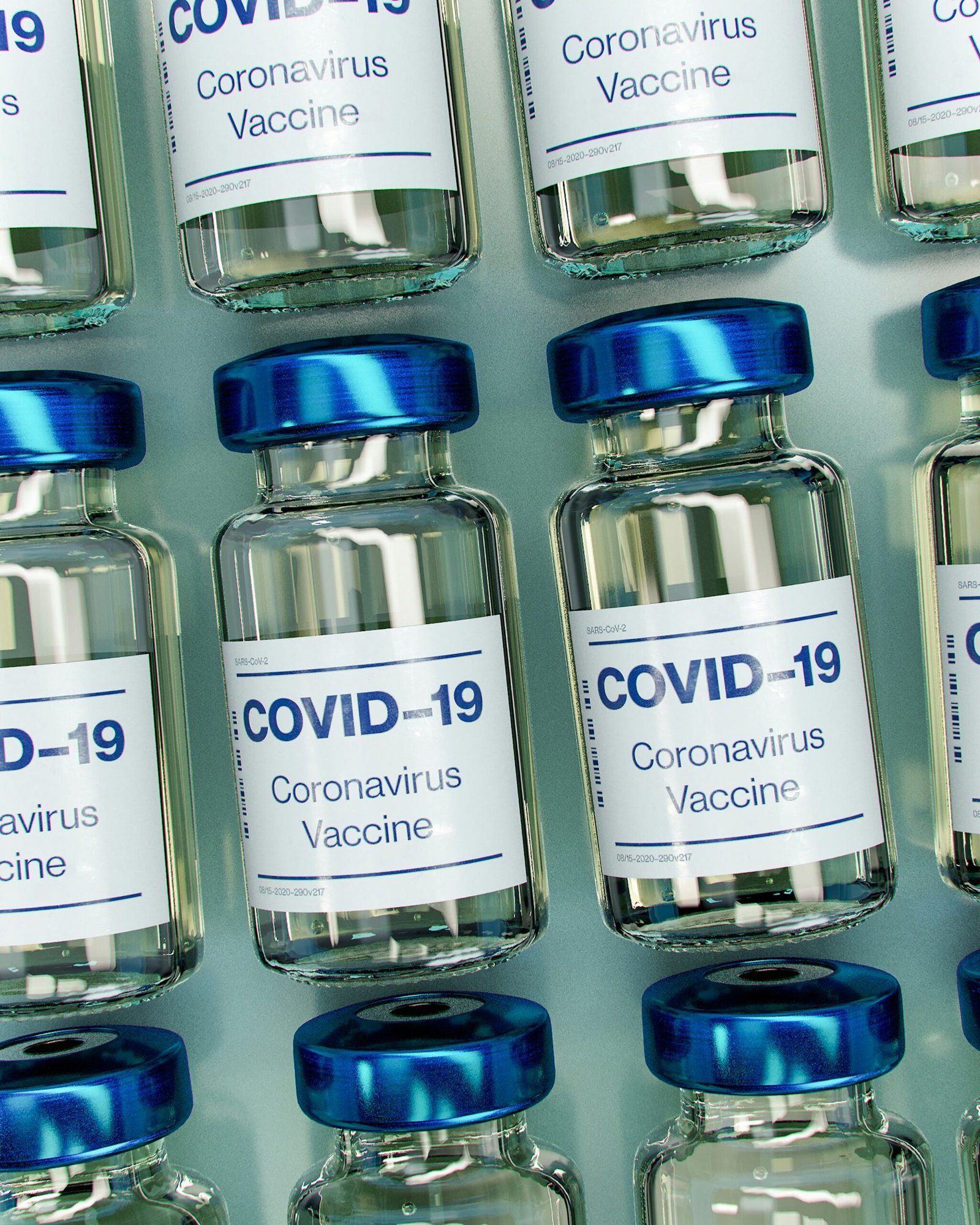
Introduction to Biotechnology in Cancer Treatment
Biotechnology has emerged as a pivotal field in modern medicine, revolutionizing the way we understand, diagnose, and treat cancer. At its core, biotechnology involves the manipulation of living organisms or their components to develop technologies and products that help improve human life and health. In relation to cancer treatment, biotechnology has opened new frontiers, offering promising avenues that were unimaginable just a few decades ago.
The relevance of biotechnology in the realm of oncology is profound. Traditional cancer treatments such as surgery, chemotherapy, and radiation have been the mainstays for many years. However, their limitations and side effects have necessitated the exploration of more targeted and efficient therapies. This is where biotechnology steps in, providing tools like genetic engineering, monoclonal antibodies, and immunotherapy, which have significantly enhanced the precision and effectiveness of cancer treatments.
Historical milestones in biotechnology have paved the way for these advancements. The discovery of the structure of DNA in the 1950s laid the foundation for understanding the genetic basis of cancer. This was followed by the development of recombinant DNA technology in the 1970s, which enabled scientists to manipulate genes and produce proteins for therapeutic use. The Human Genome Project, completed in 2003, further accelerated the progress by providing comprehensive insights into genetic mutations associated with cancer.
Today, these advancements have culminated in cutting-edge biotechnological approaches such as CAR-T cell therapy, where genetically modified T cells are used to target and destroy cancer cells, and CRISPR-Cas9, a gene-editing technology with potential applications in correcting cancer-causing genetic aberrations. Additionally, biopharmaceuticals, including targeted therapies and personalized medicine, have become integral in tailoring treatments to individual patient profiles, thereby improving treatment outcomes and quality of life.
In this blog post, we will delve deeper into these biotechnological advancements, exploring how they are reshaping cancer treatment and offering hope for more effective, less invasive therapeutic options. Understanding the role of biotechnology in oncology is crucial for appreciating the ongoing and future transformations in cancer care.
Recent advancements in biotechnology have significantly transformed oncology, introducing innovative approaches to cancer treatment. One prominent technology is targeted therapy, which includes monoclonal antibodies and kinase inhibitors. Monoclonal antibodies are engineered proteins designed to target specific cancer cells, significantly improving the precision and effectiveness of cancer treatment. Kinase inhibitors, on the other hand, function by obstructing the activity of specific enzymes (kinases) involved in the growth and survival of cancer cells.
Immunotherapy has also emerged as a powerful weapon against cancer, with techniques such as CAR-T cell therapy gaining prominence. CAR-T cell therapy involves extracting a patient’s T-cells and genetically modifying them to attack cancer cells more effectively. This personalized form of treatment has shown remarkable success in treating certain types of blood cancer, including acute lymphoblastic leukemia and non-Hodgkin lymphoma.
Further advancements in genetic engineering and CRISPR technology have unlocked new possibilities in cancer treatment. CRISPR technology, in particular, allows for precise editing of the genetic code, paving the way for novel strategies to combat cancer. By altering specific genes associated with cancer development, researchers can potentially halt the progression of the disease or even rectify genetic mutations that predispose individuals to cancer.
Case studies and clinical trials have consistently demonstrated the efficacy of these biotechnological innovations. For instance, the use of monoclonal antibodies like Herceptin in treating HER2-positive breast cancer has shown substantial improvement in patient survival rates. Similarly, CAR-T cell therapy has led to long-term remission in patients with refractory blood cancers, where conventional treatments had failed. Furthermore, early-phase trials utilizing CRISPR technology for targeting lung and cervical cancers present promising outcomes, highlighting the potential for wider applications of genetic engineering in oncology.
These biotechnological innovations signify a new frontier in cancer treatment, offering hope for more effective, personalized therapies. As research progresses, the integration of these cutting-edge technologies in clinical practice promises to revolutionize oncology, improving patient outcomes and ultimately paving the way for a future where cancer can be more effectively managed, if not entirely eradicated.
Challenges and Ethical Considerations
While biotechnology offers promising avenues for cancer treatment, several challenges and ethical considerations need to be addressed to ensure its effective and equitable application. One of the primary hurdles in biotechnology research is securing adequate funding. The high costs associated with research and development, including preclinical studies and clinical trials, often require significant financial backing. Additionally, navigating the complex landscape of regulatory approvals can further delay the process of bringing innovative treatments to market.
Technical challenges also pose significant obstacles. For instance, drug resistance remains a critical issue in cancer treatment. Cancer cells can adapt to therapies over time, rendering them less effective or completely ineffective. Another major technical concern is the potential for off-target effects, where biotechnological interventions unintentionally affect healthy cells, leading to adverse side effects. Ensuring precise targeting and minimizing collateral damage is therefore crucial for the success of these therapies.
The ethical considerations surrounding biotechnology in cancer treatment are equally important. Patient consent is paramount, particularly when it comes to experimental treatments. Patients must be fully informed about the potential risks and benefits to make an educated decision about their participation. Affordability and accessibility of treatments also raise ethical questions. Biotechnological advancements can be expensive, potentially limiting access to those who can afford them and exacerbating existing healthcare disparities. It is essential to develop strategies that ensure these cutting-edge therapies are accessible to a broader population.
Furthermore, the long-term impact of genetic modifications introduces additional ethical complexities. While genetic engineering holds potential for personalized medicine, it also raises concerns about unintended consequences and the heritability of genetic changes. The implications of altering human genetics must be carefully considered, with stringent regulations and ethical guidelines in place to safeguard future generations.
In light of these challenges and ethical considerations, it is crucial to maintain a balanced approach to the development and implementation of biotechnological advances in cancer treatment. By addressing these issues proactively, the scientific community can help maximize the potential benefits while minimizing the associated risks.
The Future of Biotechnology in Cancer Treatment
Biotechnology continues to forge new frontiers in oncology, heralding a future where cancer treatment is increasingly precise, personalized, and effective. Emerging technologies such as liquid biopsies are bridging gaps in early detection and real-time monitoring of cancer progression. Unlike traditional biopsies, liquid biopsies are minimally invasive, using a simple blood sample to detect circulating tumor DNA (ctDNA) and other cancer biomarkers. This advancement not only promises earlier diagnosis but also facilitates continuous monitoring, thereby enabling timely adjustments to treatment plans.
In concert with liquid biopsies, personalized medicine is setting a new standard in oncology. Through advances in genomic sequencing and molecular profiling, treatments are now tailored to the unique genetic makeup of an individual’s tumor, maximizing efficacy while minimizing harmful side effects. Personalized medicine is shifting the paradigm from a one-size-fits-all approach to a more bespoke strategy, improving patient outcomes and offering new hope for those with previously untreatable cancers.
Artificial Intelligence (AI) is another transformative force in cancer treatment planning. Using vast troves of data, AI algorithms can predict patient responses to various therapies, identify optimal treatment paths, and even suggest novel drug combinations. These algorithms improve treatment precision, reduce time to effective intervention, and enhance overall care delivery. As AI continues to evolve, its integration into clinical practice is expected to become even more ubiquitous.
The collaborative efforts between biotech companies and healthcare providers are key to accelerating the introduction of these innovative therapies. Strategic partnerships aim to combine scientific expertise with clinical experience, streamlining the translation of cutting-edge research into tangible treatment options. Leading experts in biotechnology and oncology frequently highlight the synergy generated through such collaborations as instrumental in overcoming the complexities inherent in cancer treatment.
Looking ahead, the landscape of cancer treatment is poised for transformative breakthroughs. Experts foresee groundbreaking advancements that could further revolutionize the field, such as novel immunotherapies, advanced gene editing techniques like CRISPR, and next-generation targeted therapies. The potential for these technologies to significantly enhance survival rates and quality of life for cancer patients ignites hope and underscores the critical role of biotechnology in the future of oncology.










